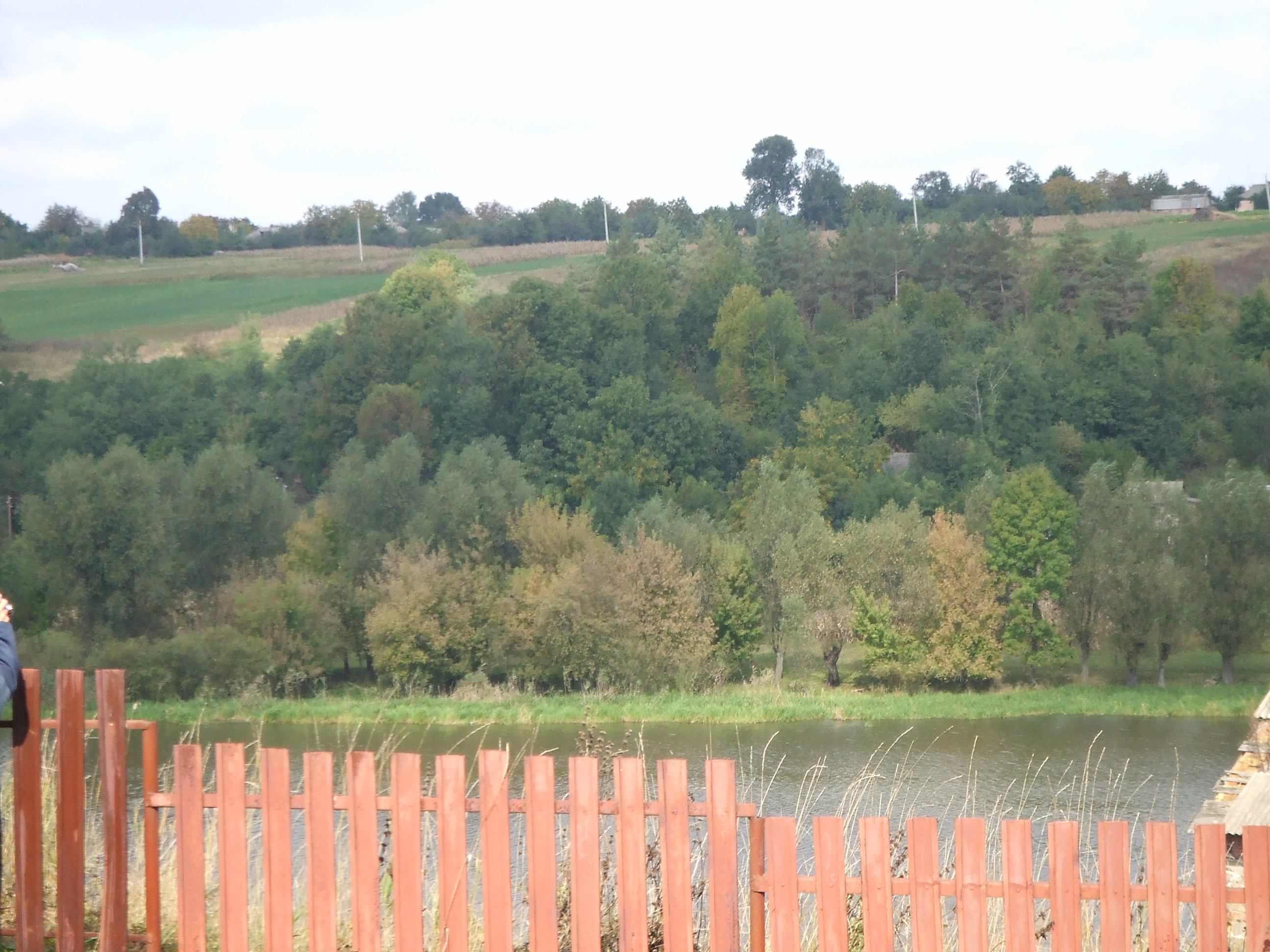|
Rabbi Nachman
Nachman of Breslov ( ''Rabbī'' ''Naḥmān mīBreslev''), also known as Rabbi Nachman of Breslev, Rabbi Nachman miBreslev, Reb Nachman of Bratslav, Reb Nachman Breslover ( ''Rebe Nakhmen Breslover''), and Nachman from Uman (April 4, 1772 – October 16, 1810), was the founder of the Breslov Hasidic movement. He was particularly known for his creative parables, drawing on Eastern European folktales to infuse his teaching with deeply kabbalistic yet universally accessible remedies, pieces of advice, and parabolic stories. He emphasized finding and expressing one’s uniqueness while steering away from despair in a world he saw as becoming more and more uniform. Through Martin Buber's translation, his teaching is thought to have influenced some 20th-century writers, including Franz Kafka. Rabbi Nachman, a great-grandson of the Baal Shem Tov, revived the Hasidic movement by combining the Kabbalah with in-depth Torah scholarship. He attracted thousands of followers during his lifet ... [...More Info...] [...Related Items...] OR: [Wikipedia] [Google] [Baidu] |
Nachmanides
Moses ben Nachman ( ''Mōše ben-Nāḥmān'', "Moses son of Nachman"; 1194–1270), commonly known as Nachmanides (; ''Nakhmanídēs''), and also referred to by the acronym Ramban (; ) and by the contemporary nickname Bonastruc ça Porta (; literally "Mazel tov, Mazel Tov near the Gate", see ), was a leading medieval Jewish scholar, Jews of Catalonia, Catalan rabbi, philosophy, philosopher, physician, Kabbalah, kabbalist, and Jewish commentaries on the Bible, biblical commentator. He was raised, studied, and lived for most of his life in Girona, Catalonia. He is also considered to be an important figure in the re-establishment of the Jewish community in Jerusalem following its Siege of Jerusalem (1099), destruction by the Crusaders in 1099. Name "Nachmanides" () is a Greek language, Greek-influenced formation meaning "son of Nahman". He is also commonly known by the Hebrew acronym (Ra-M-Ba-N, for ''Rabbeinu Mōšeh bēn-Nāḥmān'', "Our Rabbi Moses son of Nahman"). His Cata ... [...More Info...] [...Related Items...] OR: [Wikipedia] [Google] [Baidu] |
